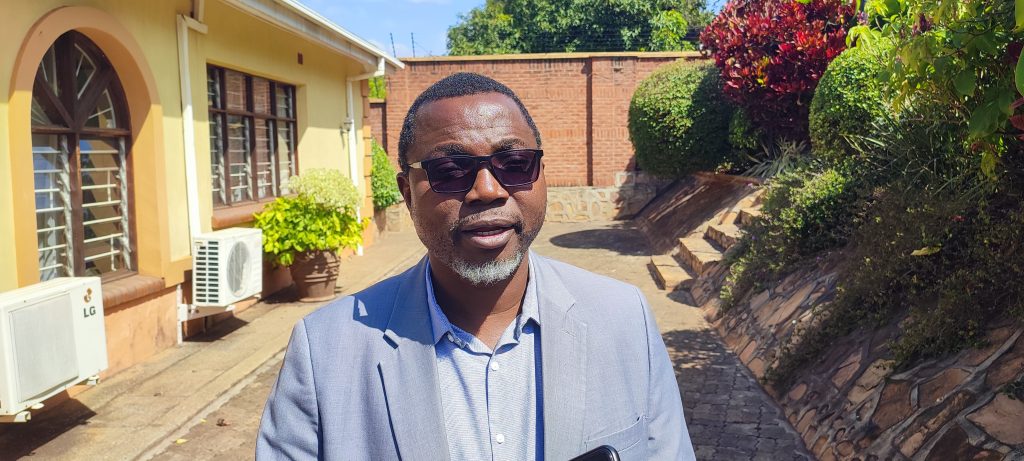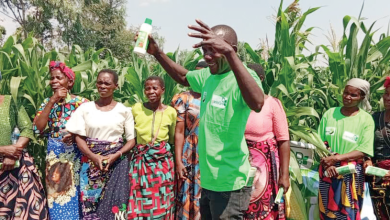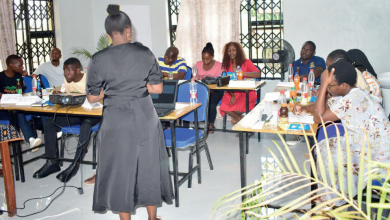New study reveals gaps in party financing laws
Findings of a new study on laws governing campaign financing in the country have shown gaps that allow public funds to be secretly channelled to political parties.
In the report on the ‘Assessment of compliance gaps in political party and campaign financing under the existing Malawi legal framework’, the researchers, among others, noted that the current ban on donations from State-owned corporations to political parties, especially the one in power, was too narrow.

The report said the ban does not stop money from being channelled indirectly through individuals or businesses connected to the corporations or parties in power through suspicious contracts.
Presenting the findings during a validation workshop of the report in Lilongwe on Friday hosted by the Centre for Human Rights and Rehabilitation (CHRR) and Chisankho Watch, governance expert Augustine Magolowondo said the study also found that public institutions, notably parastatals, are not classified as corporations and entities where the government owns only a minority stake are excluded from the law, thereby creating loopholes for abuse of public resources.
He said: “The law permits political parties and politicians to receive funding from foreign sources, which raises serious concerns about potential foreign influence over government operations, including public procurement processes, particularly in high-value contracts such as infrastructure and supply deals.”
Magolowondo highlighted Section 27(5) of the Political Parties Act (PPA) which holds party secretaries general personally liable with fines or jail time if their parties fail to disclose funding.
But he noted that that in Malawi’s cash-based economy, tracking of informal funds is nearly impossible, leaving the cited custodians accountable for transactions they may not even know about.
Said Magolowondo: “Moreover, the law assumes the government has the capacity to track and verify financial and in-kind contributions.
“While sections 6(1) and 6(2)(a) grant the registrar of political parties general monitoring powers, these are too vague for effective oversight of campaign-related donations.
“More specific authority, especially to track electronic and informal transfers, is needed to make enforcement of penalties under Section 27(5) feasible.”
The study also found that Malawi’s laws do not cap the amount of money candidates or political parties can raise or spend during campaigns.
Magolowondo argued that this gap allows parties to collect excess funds under the guise of campaigning, with no rules on how unused money or funds raised by candidates who later quit races should be handled.
The study further observed that the law does not grant the registrar of political parties clear authority to conduct oversight of political party or campaign financing, noting that the office’s role in this area is vaguely defined and lacks the specific powers needed to effectively monitor and track financial transactions.
In effect, as the findings show, the registrar of political parties’ functions are reduced to being a channel for political parties to submit reports to the Auditor General and to the public, limiting its ability to enforce compliance or detect irregularities.
Further, the law also does not specify what actions the registrar should take regarding political party declarations submitted under Section 27(2) of the Political Parties Act (PPA).
Commenting on the findings, CHRR programme officer Dennis Mwafulirwa said the study is important, considering suspicions of State capture and the heightened risks with elections approaching in September.
He said while laws exist, gaps persist in ensuring transparency from political parties and accountability from enforcement agencies tasked with monitoring campaign finances.
“Whoever is receiving donations, whether from government or from private institutions, they are accountable to Malawians. But we also want to curb State capture,” said Mwafulirwa.
In March this year, the High Court of Malawi in Blantyre granted Malawi Law Society (MLS) its wish for judicial review of the registrar of political parties’ failure to provide information regarding political parties’ funding in the May 2019 Tripartite Elections.
The application followed two letters that MLS wrote to the registrar on July 20 and September 30 2021, seeking information within 15 days on political party financiers ahead of the 2019 Tripartite Elections and the court-sanctioned fresh presidential election in June 2020.
The registrar did not provide the much needed information.





